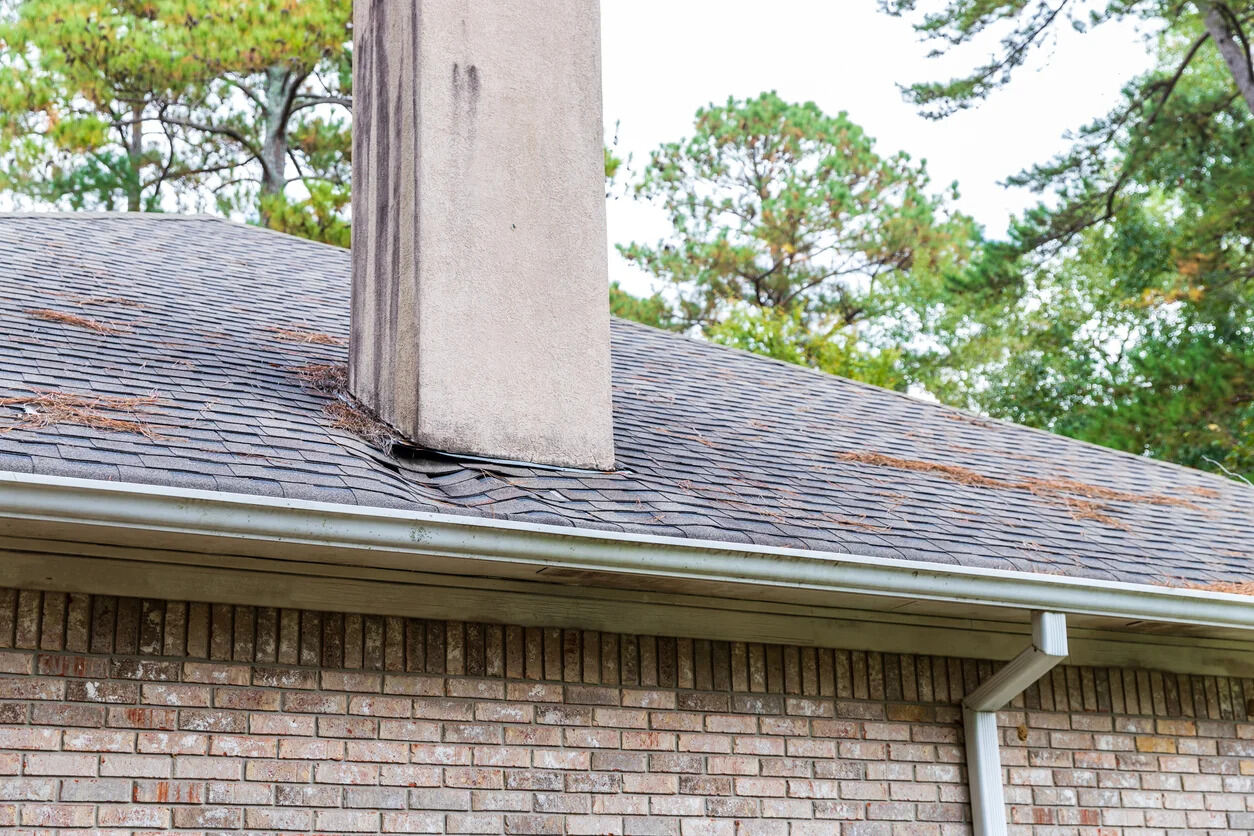

Articles
Who To Call For Chimney Leak?
Modified: February 24, 2024
Looking for articles on chimney leaks? Find out who to call for professional help and prevent further damage. Don't wait, get the expert assistance you need today!
(Many of the links in this article redirect to a specific reviewed product. Your purchase of these products through affiliate links helps to generate commission for Storables.com, at no extra cost. Learn more)
Introduction
Welcome to the world of chimney leaks! If you’re a homeowner with a fireplace or wood-burning stove, you may be all too familiar with the frustration and inconvenience of a leaking chimney. A chimney leak can not only cause damage to your home, but it can also compromise the safety and functionality of your chimney system.
In this article, we will explore everything you need to know about chimney leaks – from identifying the signs to finding a reputable chimney leak repair company. So, if you’re wondering who to call for a chimney leak, grab a cup of coffee and let’s dive in!
First things first, how do you know if you have a chimney leak?
Key Takeaways:
- Promptly addressing chimney leaks is crucial to prevent structural damage, mold growth, and compromised chimney functionality. Hiring professionals and implementing preventive measures can ensure a safe and leak-free chimney system.
- When dealing with chimney leaks, prioritize quality repairs over cost considerations. Regular maintenance, proper installation of chimney components, and seeking reputable professionals are essential for long-term chimney integrity.
Read more: Who To Call For Chimney Repairs
Identifying a Chimney Leak
Identifying a chimney leak can be a daunting task, as the signs are not always obvious. However, there are a few key indicators that can help you determine whether you have a chimney leak.
One of the most common signs of a chimney leak is water stains or discoloration on the ceiling or walls near the fireplace. These stains may appear as dark patches, yellowish-brown marks, or even peeling paint. It’s important to note that these stains may not always be directly below the chimney; water can travel along pipes, beams, or other structures before appearing inside your home.
Another tell-tale sign of a chimney leak is a damp or musty smell in the area surrounding the fireplace. If you notice a persistent odor, especially after a rainstorm or when using the fireplace, it could be an indication of water seeping into your chimney.
Efflorescence is another clue that your chimney might be leaking. Efflorescence is the white, powdery substance that forms on the surface of masonry materials when water evaporates. If you notice a build-up of this substance on your chimney, it could be a sign that water is infiltrating the masonry.
Additionally, you may experience a decrease in the efficiency of your fireplace or stove. If you notice that your fires are not burning as strongly or that the smoke is not drafting properly, it could be due to a chimney leak.
Lastly, keep an eye out for any visible damage to the exterior of your chimney. Cracked bricks, deteriorating mortar, or loose flashing are all signs that your chimney may be vulnerable to leaks.
If you observe any of these signs, it’s crucial to address the issue promptly to prevent further damage. But what are the possible causes of chimney leaks? Let’s find out in the next section.
Signs of a Chimney Leak
When it comes to protecting your home from the effects of a chimney leak, it’s important to be able to identify the signs early on. Here are some common signs that may indicate a chimney leak:
- Water stains: Look out for water stains or discoloration on the ceiling or walls near the fireplace. These stains may appear as dark patches, yellowish-brown marks, or even peeling paint.
- Dampness or musty odor: If you notice a damp or musty smell in the area surrounding the fireplace, especially after rain or when using the fireplace, it could be an indication of water seeping into your chimney.
- Efflorescence: Efflorescence is the white, powdery substance that forms on the surface of masonry materials when water evaporates. If you see a build-up of this substance on your chimney, it may be a sign of water infiltration.
- Decreased fireplace efficiency: If you notice a decrease in the efficiency of your fireplace or stove, such as fires not burning as strongly or smoke not drafting properly, it could be due to a chimney leak.
- Exterior damage: Inspect the exterior of your chimney for any visible damage, such as cracked bricks, deteriorating mortar, or loose flashing. These are signs that your chimney may be vulnerable to leaks.
- Leak during rainstorms: If you experience water entering your home through the chimney during rainstorms, it is a clear indication of a chimney leak.
It’s important to note that these signs may not always be apparent, especially if the leak is small or hidden within the chimney structure. Regular maintenance and inspections by professionals can help detect chimney leaks before they cause significant damage.
Now that we’ve identified the signs of a chimney leak, let’s explore the potential causes of these leaks in the next section.
Potential Causes of Chimney Leaks
Chimney leaks can occur due to various factors, and understanding the potential causes can help you address the issue effectively. Here are some common reasons why chimney leaks occur:
- Cracked or damaged chimney crown: The chimney crown is the top surface of the chimney that helps to keep water out. If the crown is cracked or damaged, water can seep in, leading to leaks.
- Failed chimney flashing: Flashing is the metal or waterproof material installed around the chimney to create a watertight seal between the chimney and the roofing material. If the flashing becomes loose, damaged, or improperly installed, it can allow water to enter the chimney.
- Damaged chimney cap: A chimney cap sits atop the chimney and protects it from rain, debris, and animals. If the chimney cap is missing, damaged, or improperly fitted, water can easily enter the chimney.
- Cracked chimney masonry: Over time, the masonry materials of the chimney can deteriorate due to exposure to moisture, freeze-thaw cycles, or other environmental factors. Cracks in the chimney masonry can allow water to penetrate and cause leaks.
- Faulty chimney liner: The chimney liner plays a crucial role in preventing the transfer of heat to combustible materials and protecting the chimney structure. If the liner is damaged or deteriorating, it can lead to water infiltration and subsequent leaks.
- Condensation: Chimneys can produce condensation when there is a temperature difference between the warm gases inside the chimney and the cold outside air. This condensation can lead to moisture buildup, which can cause leaks.
It’s essential to have a professional inspection to accurately determine the cause of the chimney leak. They will be able to assess the condition of your chimney, identify any existing issues, and provide the appropriate repairs or solutions.
Next, we will discuss the importance of addressing chimney leaks promptly to prevent further damage. Stay tuned!
Importance of Addressing Chimney Leaks Promptly
When it comes to chimney leaks, addressing the issue promptly is crucial to prevent further damage and ensure the safety and functionality of your chimney system. Here are a few reasons why it’s important to take chimney leaks seriously:
- Preventing structural damage: If left unattended, chimney leaks can cause significant damage to the structure of your chimney and even your home. Water entering the chimney can lead to deteriorating masonry, rotting wood, and weakening of the overall structure. Timely repairs can help preserve the integrity of your chimney and prevent costly structural repairs in the future.
- Avoiding mold and mildew: Moisture from chimney leaks can create the perfect breeding ground for mold and mildew. These can not only cause unpleasant odors but also pose health risks to you and your family. Promptly addressing chimney leaks helps prevent the growth of mold and the associated health issues.
- Protecting interior finishes: Water infiltrating through a chimney leak can damage the interior finishes of your home, such as walls, ceilings, and flooring. Stains, peeling paint, and water damage can be expensive and time-consuming to repair. Taking quick action can minimize the extent of the damage and save you from costly renovations.
- Preserving chimney functionality: A properly functioning chimney is essential for the safe and efficient operation of your fireplace or wood-burning stove. Chimney leaks can lead to decreased efficiency, drafting problems, or even dangerous carbon monoxide buildup. By addressing chimney leaks promptly, you can maintain the optimal performance of your chimney and ensure the safety of your home.
- Preventing chimney fires: When water seeps into the chimney, it can mix with the creosote deposits inside the chimney flue. This combination can create a highly flammable substance that increases the risk of chimney fires. By fixing chimney leaks, you reduce the chance of a dangerous chimney fire occurring.
Given the potential risks and damages associated with chimney leaks, it’s evident that addressing them promptly is crucial. However, it’s important to determine whether it’s a repair you can tackle yourself or if you need to hire a professional. In the next section, we will discuss the dilemma of DIY versus professional chimney leak repair.
Read more: Who To Call To Fix A Leaking Skylight
DIY vs. Professional Chimney Leak Repair
When faced with a chimney leak, homeowners often find themselves in a dilemma: should they attempt to fix the issue themselves or hire a professional chimney leak repair company? While some minor chimney leaks can be addressed through DIY methods, it’s essential to consider the complexity of the problem and the potential risks involved.
Let’s take a closer look at the pros and cons of DIY chimney leak repair versus hiring a professional:
DIY Chimney Leak Repair:
- Cost-saving: One advantage of DIY repair is the potential to save money on labor costs. However, it’s important to remember that improper repairs can lead to more extensive damage and higher repair costs in the long run.
- Satisfaction and learning experience: Some homeowners enjoy the challenge of fixing things themselves and the sense of satisfaction that comes with a successful DIY repair. It can also be an opportunity to learn about your chimney system.
- Simple repairs: Small and straightforward chimney leaks, such as reapplying chimney sealant or tightening loose flashing, may be suitable for DIY repair if you have the necessary skills and tools.
Hiring a Professional Chimney Leak Repair Company:
- Expertise and experience: Professional chimney leak repair companies have the knowledge, experience, and specialized equipment to diagnose and fix complex chimney leaks. They can ensure that the underlying cause of the leak is addressed properly.
- Time-saving and efficient: Chimney leak repair can be time-consuming, especially for homeowners with little experience in this area. Hiring professionals allows you to save time and have the job done efficiently and effectively.
- Identifying underlying issues: Chimney leaks can often be symptoms of more significant issues, such as chimney deterioration or structural damage. Professionals can assess the overall condition of your chimney and identify any underlying problems that may require repair.
- Safety and peace of mind: Working on a chimney can be hazardous, especially if you’re not familiar with the necessary safety precautions or lack the appropriate equipment. Hiring professionals ensures the safety of your home, chimney, and yourself.
Ultimately, the decision between DIY chimney leak repair and hiring professionals depends on several factors, including your skill level, the complexity of the repair, and your comfort with tackling the task. It’s recommended to consult with a reputable chimney repair company to assess the situation and provide expert guidance.
Speaking of reputable chimney leak repair companies, how do you find one? In the next section, we will discuss how to find a reputable chimney leak repair company and the questions to ask before hiring them.
If you have a chimney leak, it’s best to call a professional chimney sweep or a certified chimney inspector to assess and repair the issue. They have the expertise and tools to properly diagnose and fix the problem.
How to Find a Reputable Chimney Leak Repair Company
When it comes to hiring a chimney leak repair company, it’s essential to find professionals who are reputable, experienced, and capable of providing high-quality service. Here are some steps you can take to find a reputable chimney leak repair company:
- Ask for referrals: Seek recommendations from family, friends, or neighbors who have had their chimneys repaired in the past. Hearing about their experiences can help you identify reputable companies in your area.
- Check online reviews: Utilize online review platforms, such as Google, Yelp, or Angie’s List, to read reviews and ratings for chimney repair companies. Look for companies with consistent positive feedback and a good track record.
- Research company credentials: Verify that the company you are considering is properly licensed, insured, and certified. These credentials ensure that the company meets the necessary standards and has undergone the required training.
- Ask about experience: Inquire about the company’s experience in chimney leak repairs. A well-established company with years of experience is more likely to have encountered various chimney issues and can provide effective solutions.
- Request references: Ask the company for references from previous customers. Contact these references to inquire about their satisfaction with the services provided, the quality of workmanship, and the company’s reliability.
- Get multiple estimates: Obtain quotes from multiple chimney repair companies. This allows you to compare prices, services offered, and the approach to resolving your chimney leak problem. Keep in mind that the lowest price isn’t always the best indication of quality.
- Ask about warranties: Inquire about the warranties or guarantees offered by the company for their repair work. A reputable company should stand behind their services and provide assurance for their craftsmanship.
- Check for proper equipment and knowledge: Ask about the equipment and techniques used by the chimney repair company. Ensure that they use modern, professional-grade equipment and employ knowledgeable technicians who can effectively diagnose and repair chimney leaks.
- Read the contract: Before hiring a chimney leak repair company, carefully read and understand the terms and conditions mentioned in the contract. Clarify any doubts or concerns you may have before signing.
By following these steps, you can find a reputable chimney leak repair company that will provide reliable service and ensure the integrity of your chimney system.
Now that you have found a trustworthy company, it’s essential to ask the right questions before hiring them. In the next section, we will discuss the pertinent questions to ask a chimney leak repair professional.
Questions to Ask a Chimney Leak Repair Professional
When hiring a chimney leak repair professional, it’s important to ask the right questions to ensure they are qualified, experienced, and capable of addressing your specific needs. Here are some questions to consider asking:
- Are you licensed and insured? Verify that the chimney repair professional is properly licensed and insured to protect yourself and your property during the repair process.
- What is your experience with chimney leak repairs? Inquire about the professional’s experience in handling chimney leaks. Ask how many similar projects they have completed and the success rate of their repairs.
- What is the scope of the repair work? Request a detailed explanation of the repair process involved in fixing your chimney leak. A professional should be able to clearly communicate the steps they will take to address the issue.
- Will you inspect the entire chimney? Ensure that the professional will conduct a thorough inspection of your chimney, not just the visible areas. This allows them to identify any underlying issues that may contribute to the leak.
- What materials and techniques will you use? Ask about the materials and techniques the professional will use for the repair. Ensure that they use high-quality materials that are suitable for your specific chimney and that their techniques are up to industry standards.
- What warranties or guarantees do you offer? Inquire about any warranties or guarantees provided for the repair work. A reputable professional should offer some form of assurance for their services to give you peace of mind.
- Can you provide references? Ask for references from previous customers. Contact these references to inquire about their experience working with the professional, the quality of the repairs, and their overall satisfaction.
- How long will the repair take? Request an estimated timeline for the completion of the chimney leak repair. This will help you plan accordingly and ensure that the repair is conducted within a reasonable time frame.
- What are the costs involved? Discuss the cost of the chimney leak repair, including any potential additional costs that may arise during the process. Obtain a written estimate that outlines the details of the charges.
- Do you provide maintenance services? Inquire if the professional offers any chimney maintenance services to help prevent future leaks. Regular maintenance can prolong the lifespan of your chimney and minimize the risk of future issues.
- Do you have any certifications or memberships? Ask if the professional holds any certifications or is a member of industry organizations. This indicates their commitment to professional development and staying updated with industry standards.
Asking these questions will help you make an informed decision when selecting a chimney leak repair professional. It’s important to choose someone who not only has the technical expertise but also communicates effectively and provides reliable solutions for your chimney leak.
Now that you have an idea of what to expect from a chimney leak repair professional, let’s discuss the factors that can affect the costs of chimney leak repairs in the next section.
Factors That Affect Chimney Leak Repair Costs
The cost of chimney leak repair can vary depending on several factors. Understanding these factors can help you anticipate the potential costs involved and make informed decisions. Here are some key factors that can affect chimney leak repair costs:
- Extent of the damage: The severity and extent of the chimney leak damage will play a significant role in determining the repair costs. Minor leaks or small cracks may require simple repairs, while extensively damaged chimneys may require more extensive repairs or even chimney reconstruction.
- Type of repair needed: Different types of chimney leaks require different repair techniques and materials. Whether it’s fixing chimney flashing, replacing a damaged chimney crown, repairing a chimney liner, or addressing masonry cracks, the specific repair needed will impact the overall cost.
- Access to the chimney: Accessibility to the chimney can affect repair costs. If the chimney is located in a hard-to-reach area or requires special equipment or scaffolding for access, it may increase the overall cost of the repair.
- Chimney height and size: Taller chimneys or chimneys with multiple flues may require more extensive repairs, which can result in higher costs. Additionally, larger chimneys may require more materials and labor for the repair process.
- Materials used: The choice of materials for chimney leak repairs can influence the cost. High-quality materials may be more expensive but are often more durable and long-lasting, while cheaper materials may have a shorter lifespan and require more frequent repairs in the future.
- Severity of underlying issues: In some cases, chimney leaks may be a symptom of underlying structural problems or chimney deterioration. If additional repairs or structural reinforcements are necessary to address these underlying issues, it can significantly impact the overall cost.
- Location: The location of your home can also affect chimney leak repair costs. Labor costs can vary depending on the local economy, cost of living, and availability of chimney repair professionals in your area.
- Timeframe and urgency: If you need immediate repairs due to severe leaks or safety concerns, it may incur additional charges for expedited services or emergency repairs.
It’s essential to consult with a professional chimney repair company for a thorough assessment of your specific chimney leak and a detailed cost estimate. They will consider these factors, evaluate the extent of the damage, and provide you with an accurate quote.
Remember, while cost is an important factor, it’s equally important to prioritize the quality of repairs to ensure the long-term integrity and safety of your chimney.
To prevent chimney leaks in the first place, implementing preventive measures is key. Let’s explore some preventive measures you can take to avoid chimney leaks in the next section.
Read more: Who To Call When Ceiling Is Leaking
Preventive Measures to Avoid Chimney Leaks
Taking preventive measures is essential to avoid chimney leaks and maintain the integrity of your chimney system. Here are some effective preventive measures you can implement:
- Regular chimney inspections: Schedule annual chimney inspections by a certified chimney professional. They will identify any potential issues or signs of deterioration before they develop into major problems. Timely detection can help prevent chimney leaks.
- Proper chimney cap installation: Ensure your chimney has a properly installed chimney cap or cover. A chimney cap helps prevent water, debris, and animals from entering the chimney, reducing the risk of chimney leaks and damage.
- Maintain chimney crown and flashing: Regularly inspect and maintain the chimney crown and flashing. Repair any cracks or damage to the chimney crown and ensure that the flashing is in good condition, properly sealed, and free from any gaps.
- Waterproofing treatment: Consider applying a waterproofing treatment to your chimney. Waterproofing agents can protect the masonry from water penetration and damage, reducing the risk of leaks. Consult with a professional chimney contractor for the appropriate waterproofing products and application techniques.
- Keep the chimney dry: Minimize excess moisture around the chimney by ensuring proper drainage away from the base. Clear any debris or leaves that may accumulate on the roof near the chimney, as they can trap moisture and contribute to leaks.
- Good ventilation: Ensure your chimney and fireplace have proper ventilation. Good ventilation helps reduce condensation inside the chimney, which can lead to moisture-related issues and leaks.
- Use quality firewood: Use well-seasoned, dry firewood for your fireplace or wood-burning stove. Burning wet or unseasoned wood can produce excessive smoke and create more creosote buildup, increasing the likelihood of chimney damage and leaks.
- Regular chimney cleaning: Schedule routine chimney cleanings to remove creosote and debris buildup. Excessive buildup can obstruct proper airflow and increase the risk of chimney fires and leaks.
- Install a chimney liner: Consider installing a chimney liner if your chimney doesn’t already have one. A chimney liner provides an additional barrier of protection against heat, smoke, and gases, reducing the risk of leaks and chimney deterioration.
By implementing these preventive measures and staying proactive in chimney maintenance, you can help avoid chimney leaks and prolong the lifespan of your chimney system.
To conclude, chimney leaks are not only a nuisance but can also cause significant damage and safety hazards. Identifying the signs of a chimney leak, addressing the problem promptly, and taking preventive measures are key to maintaining a safe and functional chimney.
Remember, when it comes to chimney leak repairs, it’s important to choose quality over cost and hire reputable professionals who can provide effective solutions to ensure the long-term integrity of your chimney.
Now that you have the knowledge and tools to address chimney leaks, you can confidently make the necessary repairs or contact professionals to handle the job. Enjoy a safe and leak-free chimney for years to come!
Conclusion
A leaking chimney can be a homeowner’s nightmare, causing damage to your home, compromising the safety of your chimney system, and leading to costly repairs. However, by being proactive and addressing chimney leaks promptly, you can avoid these headaches and maintain a safe and functional fireplace or wood-burning stove.
In this article, we have explored various aspects of chimney leaks, from identifying the signs to finding a reputable chimney leak repair company. We discussed the importance of promptly addressing chimney leaks to prevent further damage, the considerations when deciding between DIY repairs and hiring professionals, and how to find a reputable chimney leak repair company.
We also highlighted factors that can affect chimney leak repair costs, including the extent of the damage, the type of repair needed, and the materials used. Additionally, we provided preventive measures you can implement to avoid chimney leaks, such as regular inspections, proper chimney cap installation, and maintaining the chimney crown and flashing.
Remember, when dealing with chimney leaks, it’s essential to prioritize quality repairs and the expertise of professionals. While cost is a factor to consider, ensuring the long-term integrity and safety of your chimney system should be the primary concern.
By applying the preventive measures discussed and staying vigilant in chimney maintenance, you can enjoy a leak-free chimney for years to come. Don’t ignore chimney leaks – address them promptly, consult with professionals, and take the necessary steps to prevent further damage.
We hope this article has provided you with valuable insights and guidance on managing chimney leaks. Remember, if you’re ever in doubt or unsure about how to handle a chimney leak, it’s always best to consult with a reputable chimney repair professional who can diagnose the problem and provide the appropriate solutions.
Thank you for joining us, and may your chimney stay dry and leak-free!
Frequently Asked Questions about Who To Call For Chimney Leak?
Was this page helpful?
At Storables.com, we guarantee accurate and reliable information. Our content, validated by Expert Board Contributors, is crafted following stringent Editorial Policies. We're committed to providing you with well-researched, expert-backed insights for all your informational needs.
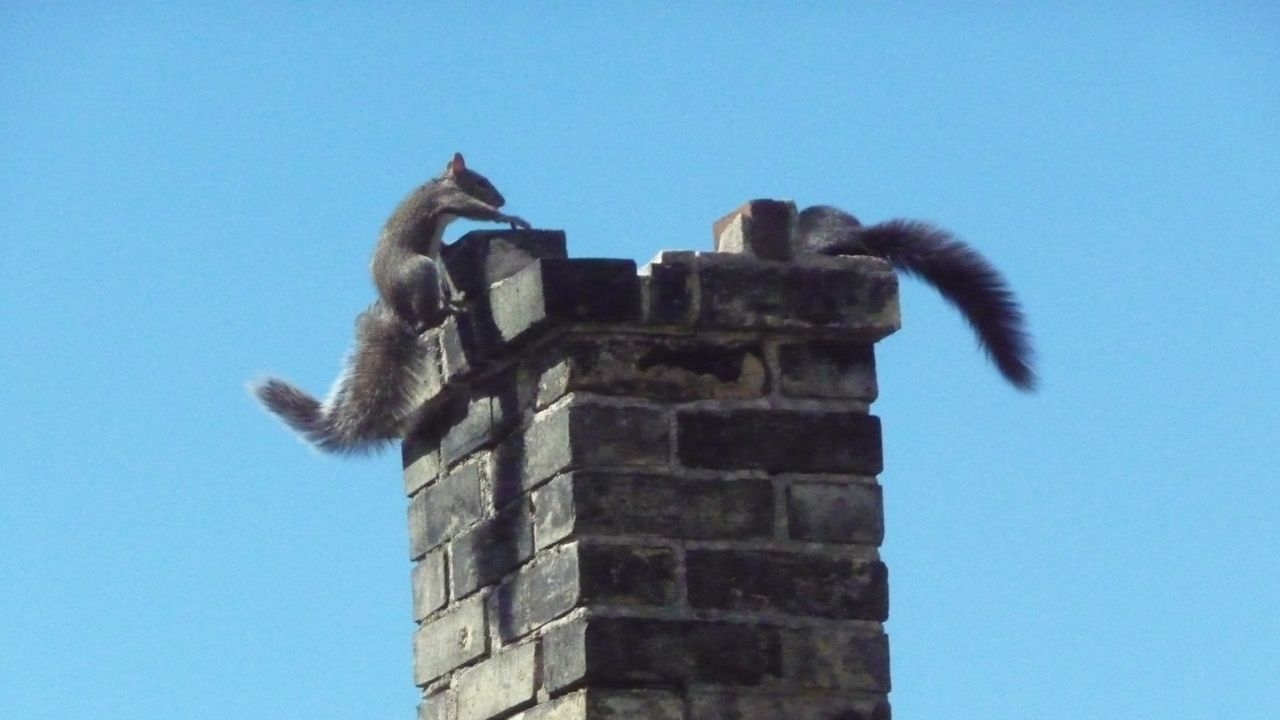
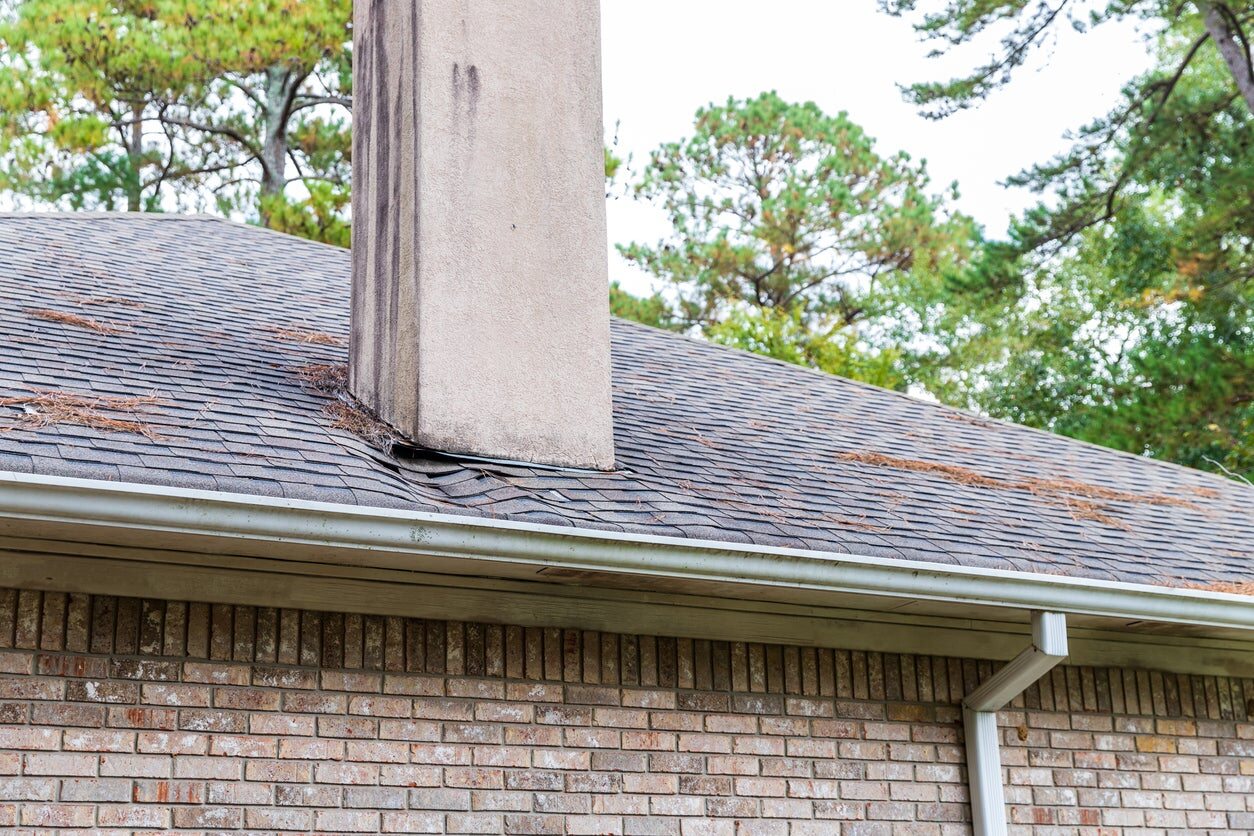
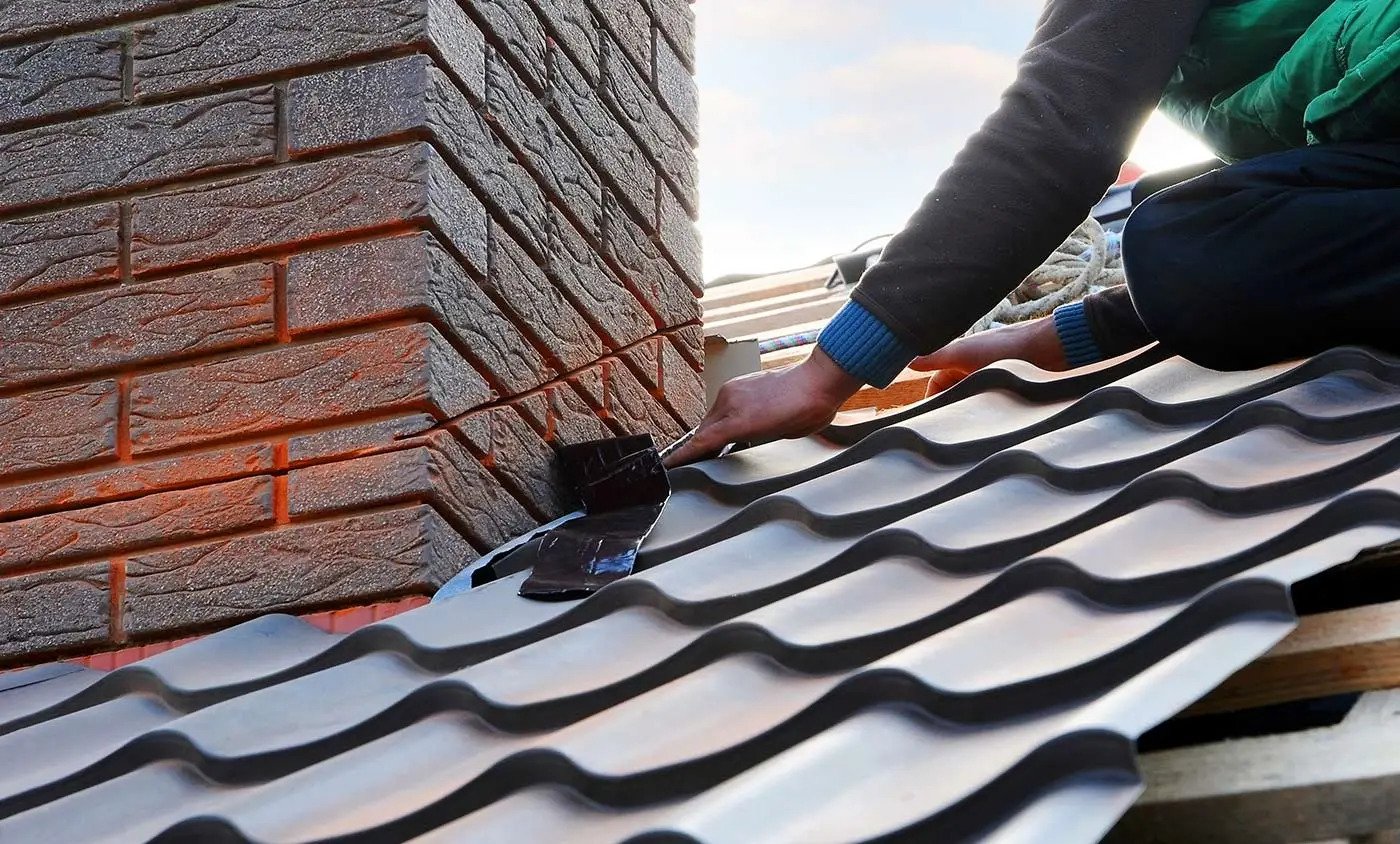
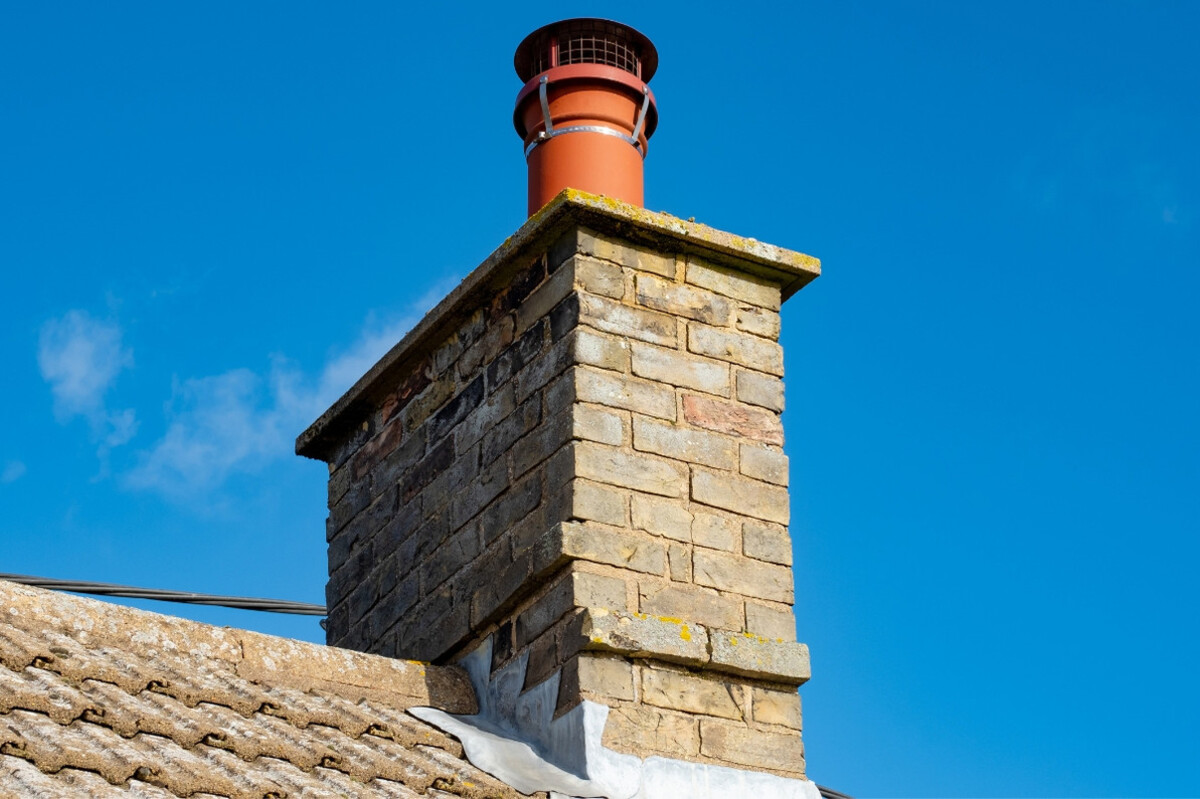
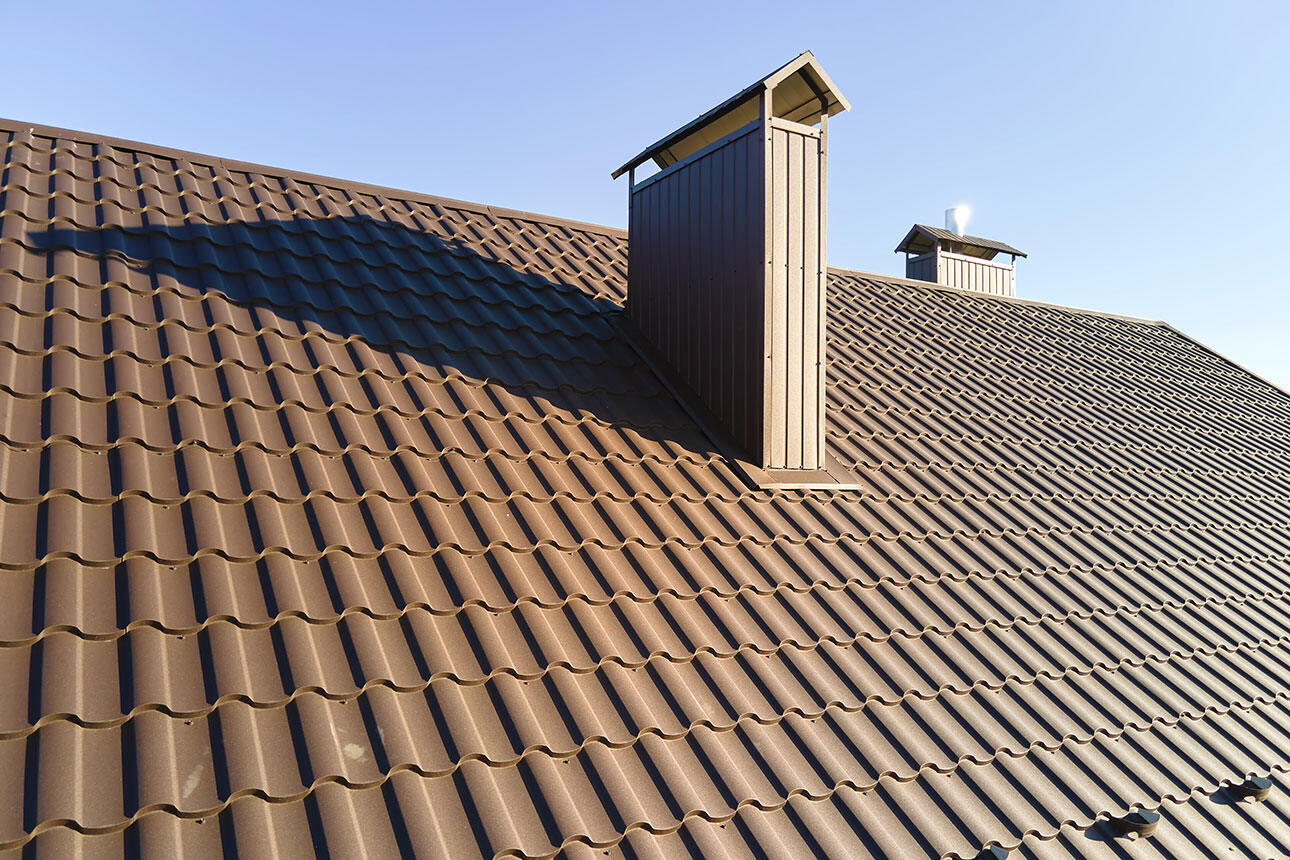
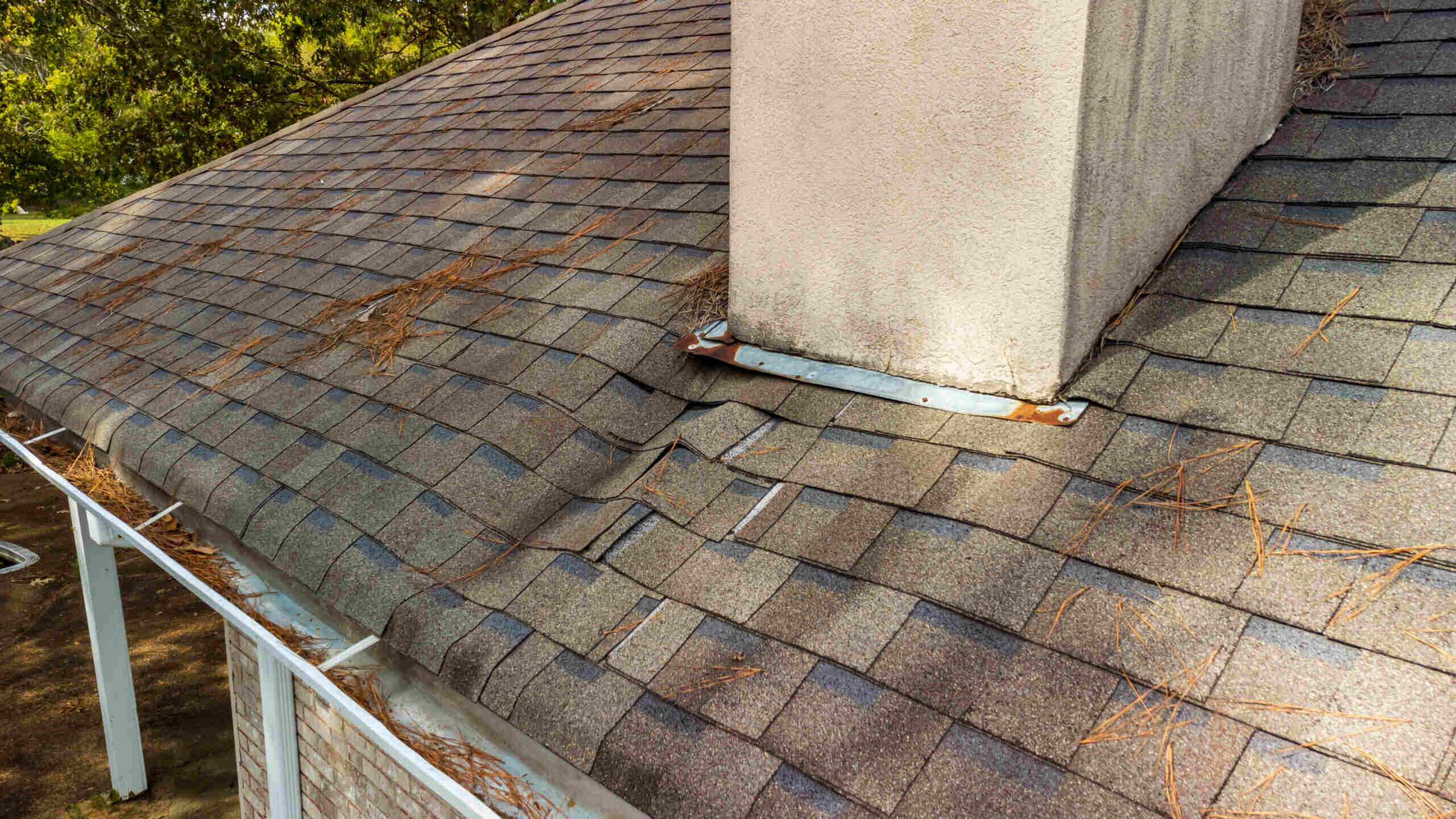
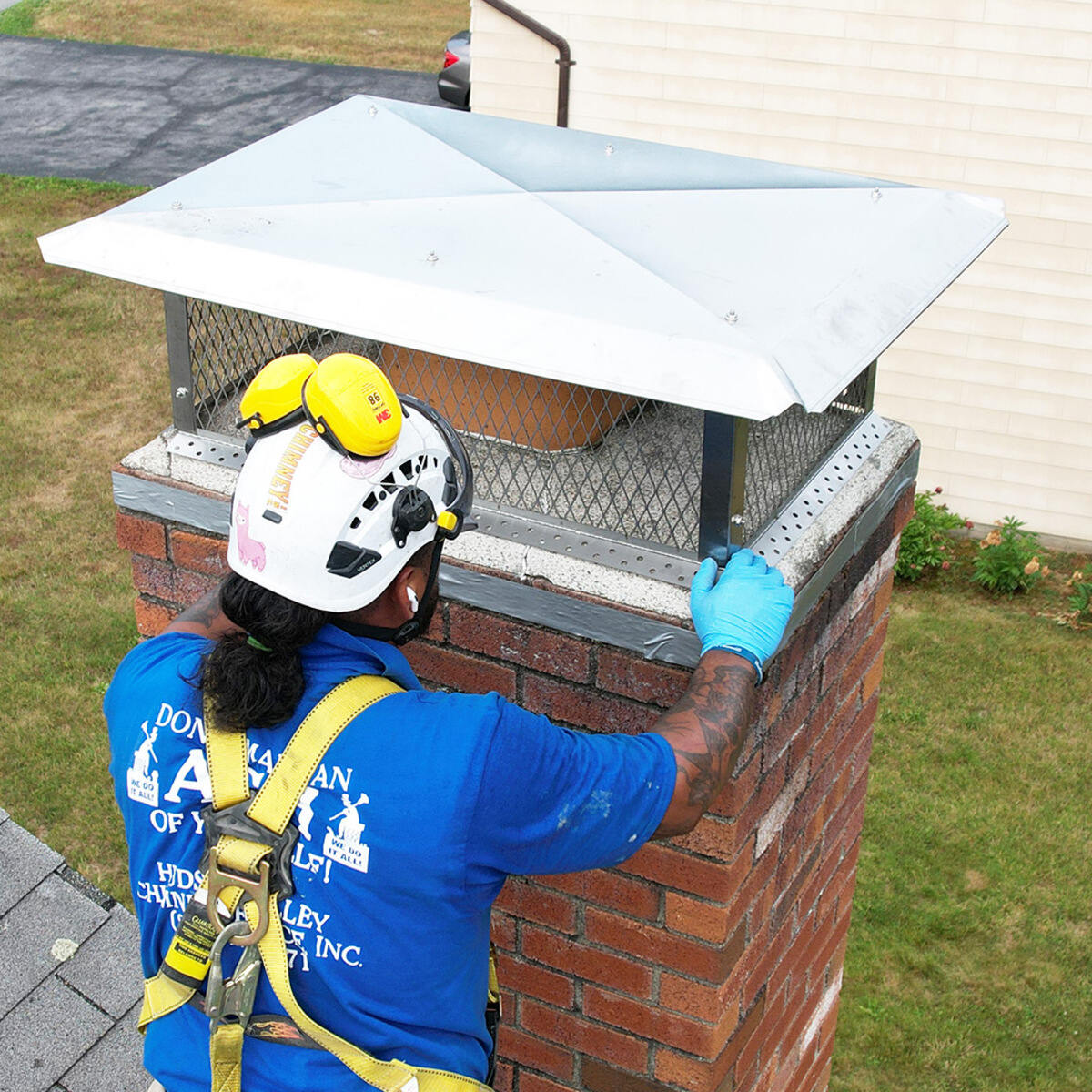
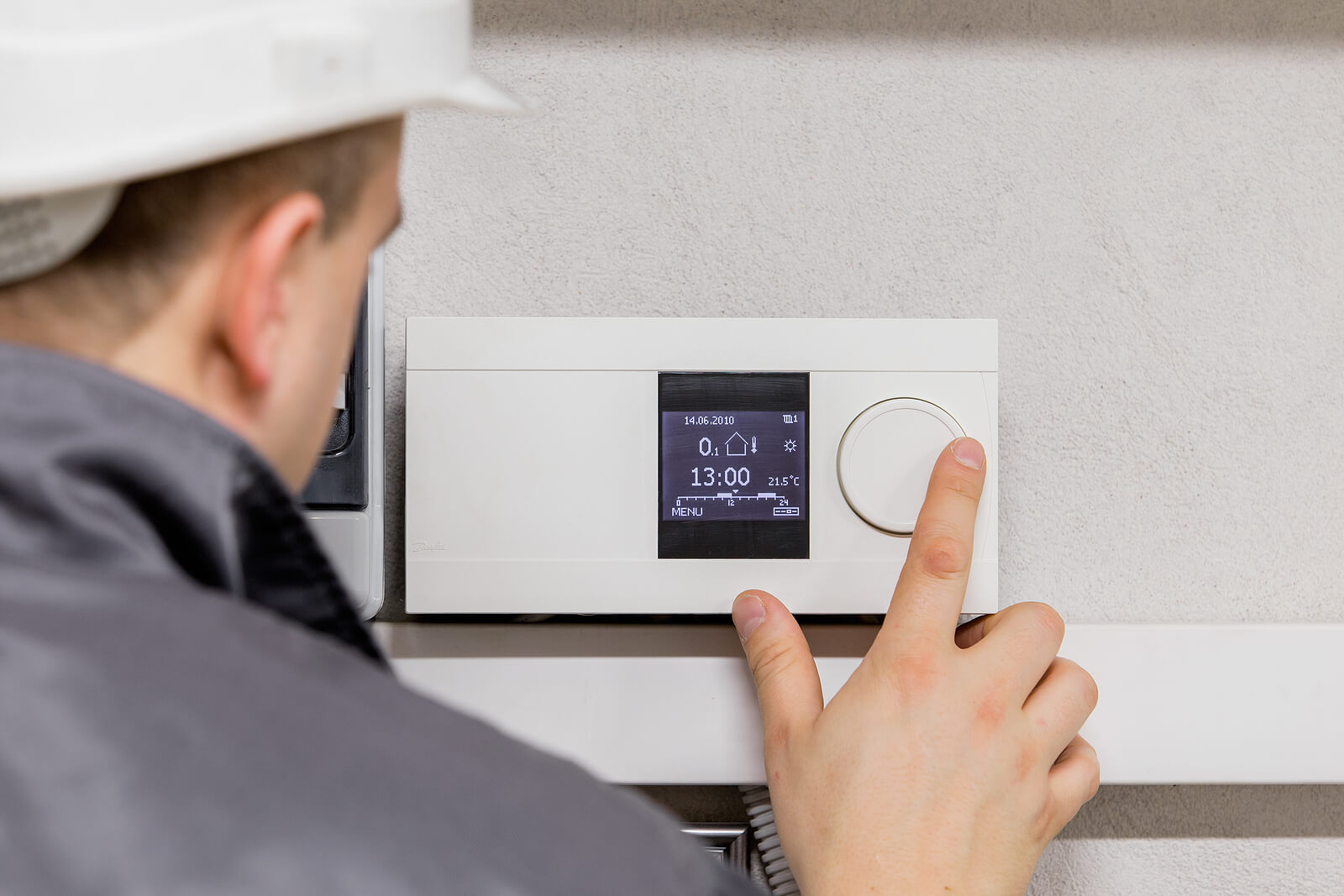
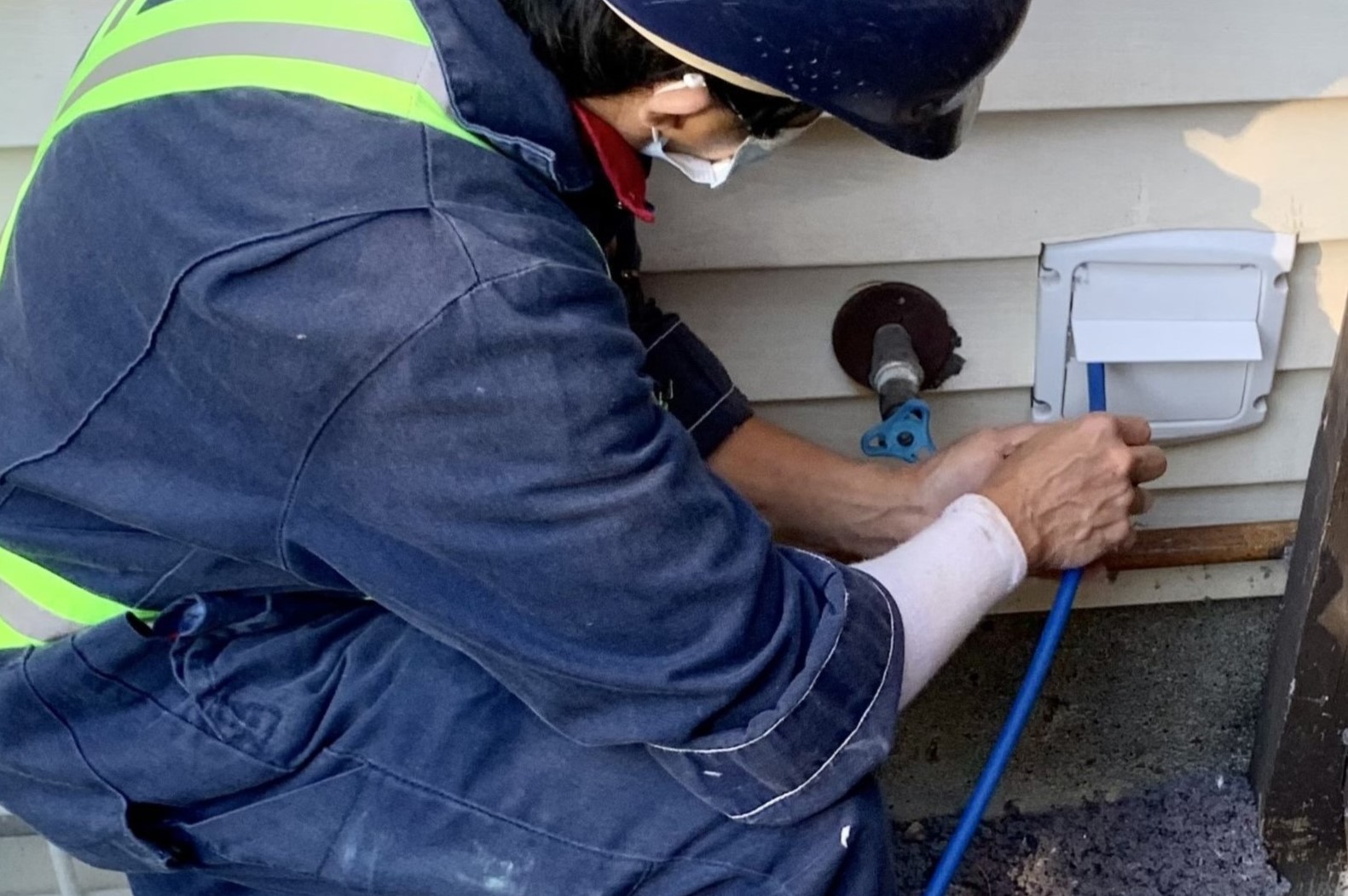
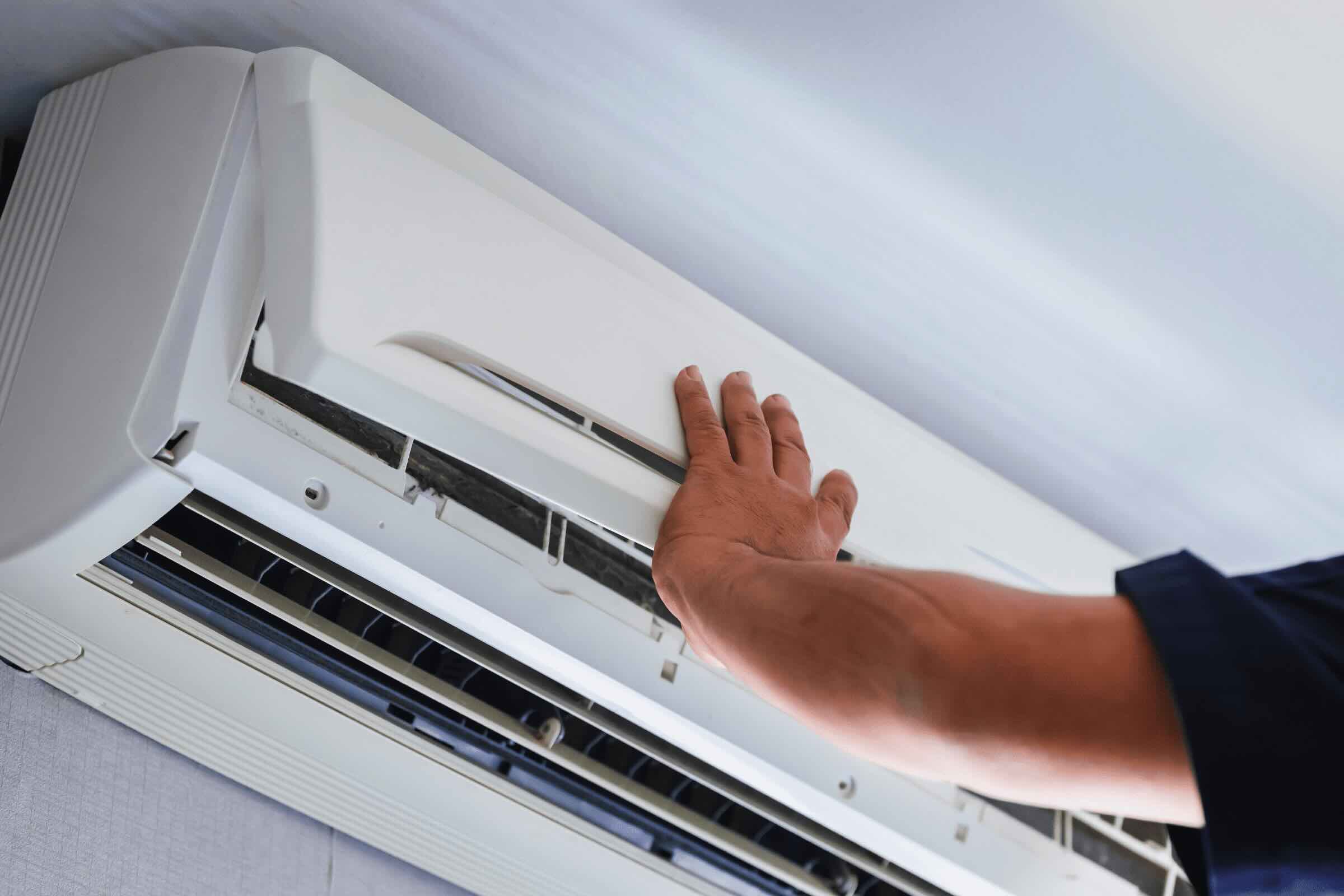
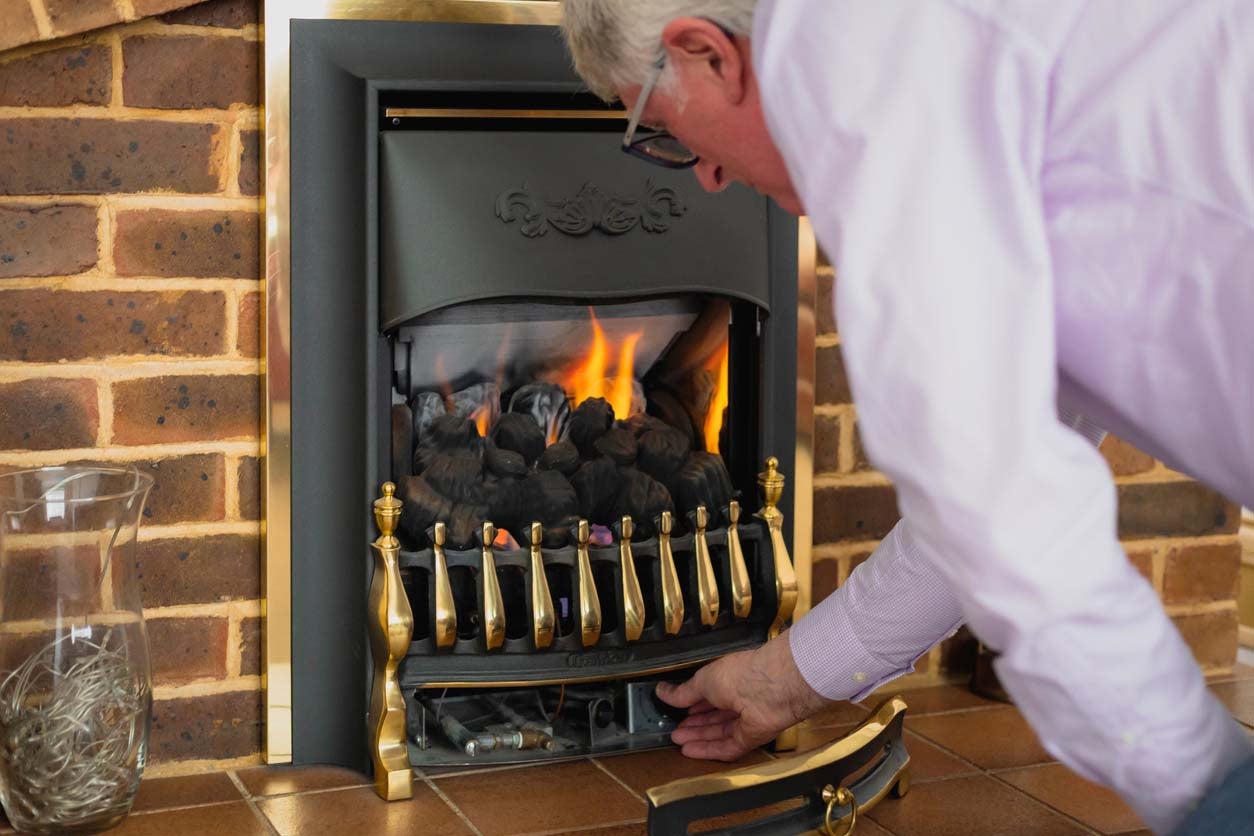

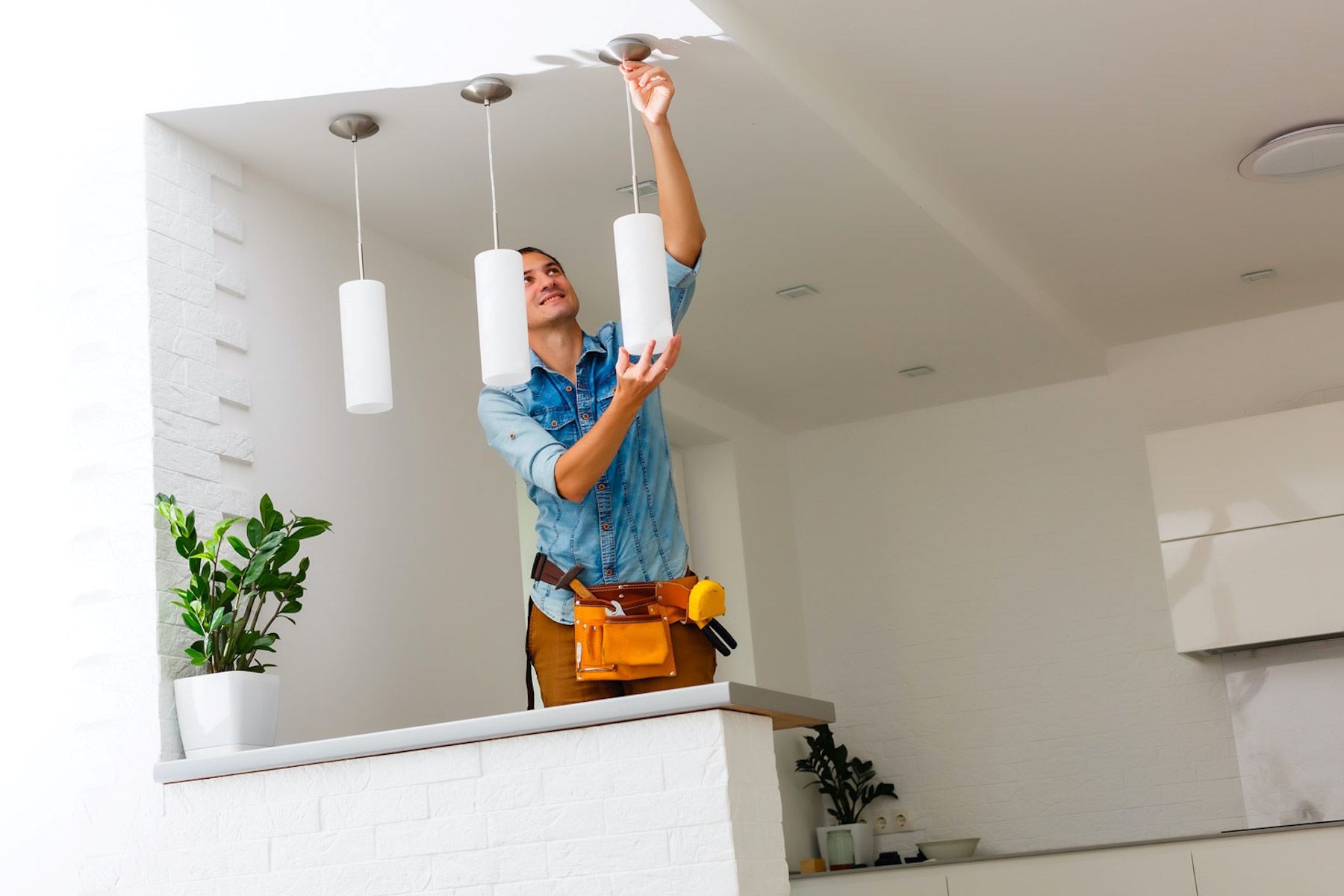

0 thoughts on “Who To Call For Chimney Leak?”